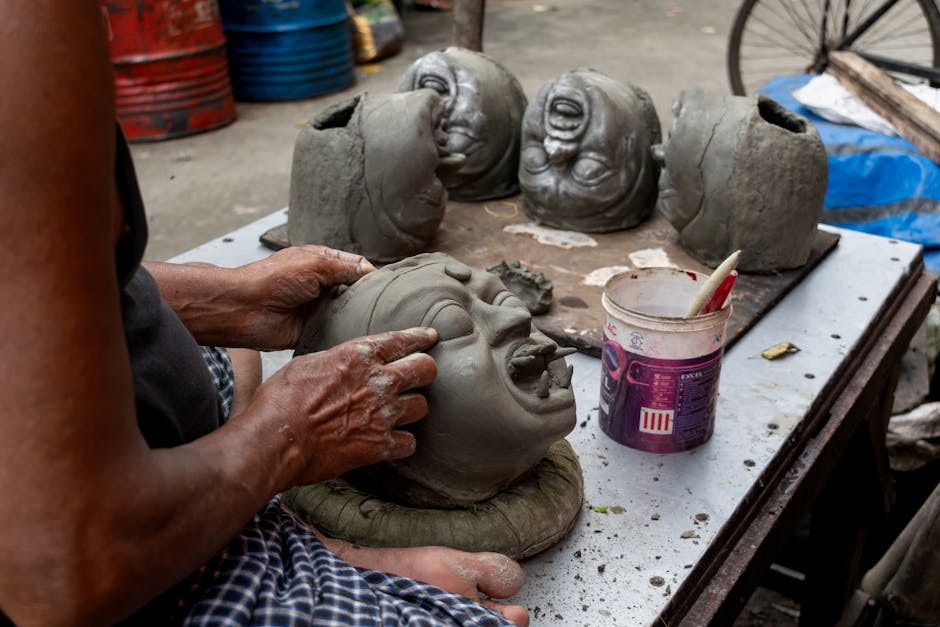New Delhi – Outgoing Chief Justice of India, B.R. Gavai, has defended the Supreme Court‘s landmark verdict on the powers of state governors, clarifying that while they have a “relaxed timeline” to consider bills, they cannot hold them “indefinitely.” In his final remarks before demitting office, CJI Gavai reaffirmed the constitutional principle that an appointed governor cannot be allowed to create a legislative deadlock by withholding action on bills passed by an elected assembly.
The Constitutional Friction: States vs. Governors
This statement provides crucial clarity on a political firestorm that has raged across several opposition-ruled states, including Tamil Nadu, Kerala, Punjab, and Telangana. For months, these state governments have accused centrally-appointed governors of acting as political agents by sitting on crucial legislation. This unprecedented constitutional friction forced multiple states to approach the Supreme Court, seeking intervention against what they described as an “unconstitutional veto” by inaction.
Article 200: The Heart of the Debate
The core of the issue lies in Article 200 of the Constitution, which details the options available to a Governor when a bill is presented:
1. Grant assent.
2. Withhold assent.
3. Reserve the bill for the President’s consideration.
The contentious grey area was the timeline. The Constitution directs the Governor to act “as soon as possible,” a phrase that some had interpreted as a license for indefinite delay.
The Supreme Court‘s Decisive Intervention
In a series of powerful pronouncements on the matter, the Supreme Court, with benches often including CJI Gavai, decisively closed this loophole. The court ruled that Governors are not entitled to sit on bills indefinitely, as doing so would “thwart the entire legislative process” and undermine the will of the people’s elected representatives. It was a strong verdict in favor of democratic principles and India’s federal structure.
‘Relaxed Timeline’: A Stroke of Judicial Wisdom
However, the court deliberately refrained from setting a rigid, fixed timeline for governors to act. This is the key nuance CJI Gavai’s final statement illuminates. “We have not given a fixed timeline but said it is a relaxed timeline,” he explained.
This approach is a masterful stroke of judicial wisdom. It respects the dignity of the Governor’s office, providing reasonable time to scrutinize legislation and avoid rubber-stamping bills under pressure. Simultaneously, by explicitly forbidding indefinite delay, the verdict strips away the power to create constitutional paralysis.
CJI Gavai’s defense of the verdict serves as an authoritative underline to this principle. His words clarify that the court’s intent was not to hamstring the Governor but to ensure the constitutional machinery keeps moving. The message is unequivocal: the Governor’s role is that of a constitutional safeguard, not a political roadblock.
A Landmark Legacy for Federalism
This landmark interpretation will have far-reaching consequences for Centre-State relations. It empowers state legislatures with clear legal recourse against gubernatorial stonewalling. More importantly, it reinforces the fundamental democratic tenet that legislative authority rests with the elected house. As CJI Gavai steps down, his final words will echo in Raj Bhavans across the country, serving as a potent reminder of the definite balance of power in India’s federal structure.




